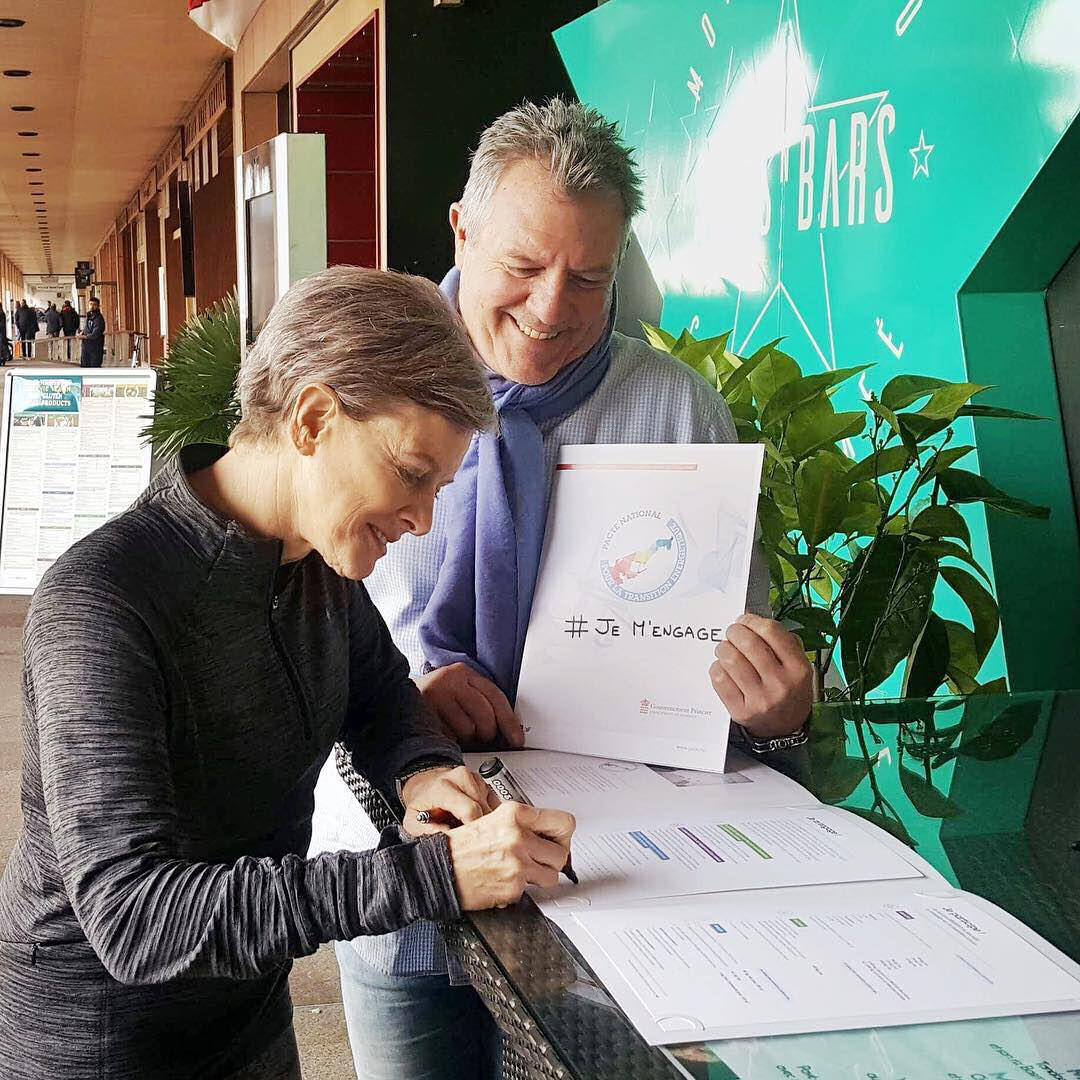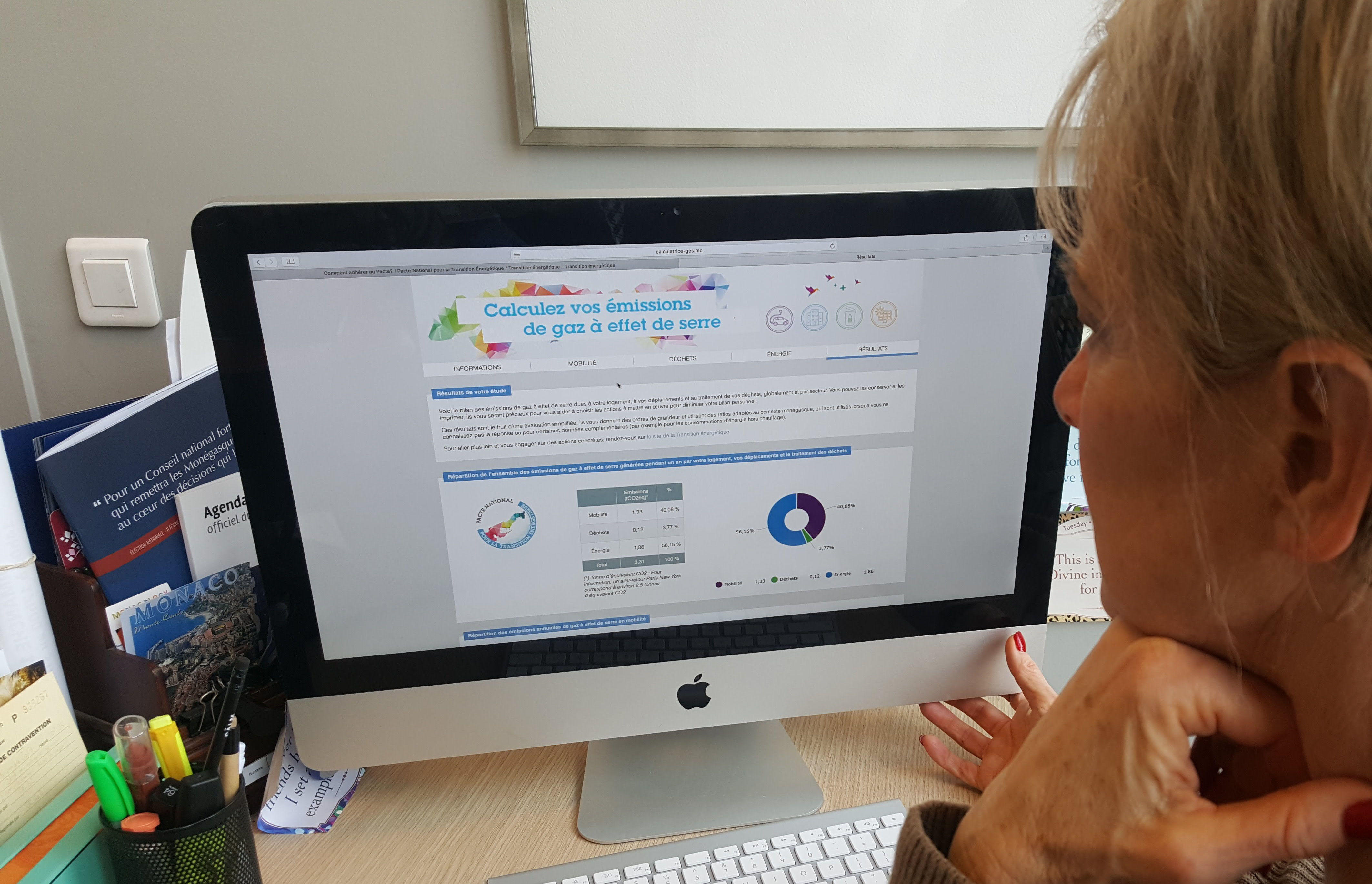
On Sunday, March 18, Stars’n’Bars will host an afternoon of family-friendly workshops, games and exhibitions on how Monaco residents can reduce their carbon footprints.
The EcoHub event, in partnership with the Mission for Energy Transition (MTE) in charge of the National Pact for Energy Transition, will be held in the StarDeck from 2 pm to 5 pm and is free and open to all nationalities and ages.
According to Stars’n’Bars co-founders Kate Powers and Didier Rubiolo, “If you live or work in Monaco, you know that Prince Albert has been a global leader in the fight to protect our planet and that the Principality has taken important steps to reduce its carbon footprint.
“These include creating eco-friendly methods of transportation, switching to renewable energy sources and managing waste, particularly plastics … but we need to do more!”
Since early 2016, Monaco’s government has been working with business leaders, educators, builders, energy suppliers and health and tourism organisations to create a national strategy to cut the Principality’s overall carbon footprint by 50 percent by 2030 and to be carbon neutral by 2050. This strategy targets Monaco’s main source of greenhouse gas emissions: transportation, waste treatment and energy use in buildings.
“That means that everyone must join in and double, triple and even quadruple efforts to be good eco-citizens,” say Kate and Didier. “To achieve these goals we must all act together to protect our environment, while improving our quality of life and preserving our health. This means adopting new habits, using clean energies and controlling our waste.”
To this end, the government has created a National Pact for Energy Transition designed to enlist the help of Monaco residents and workers to reduce the Principality’s overall carbon footprint.
MTE has designed a long-term programme that helps individuals measure their own carbon footprint – based on how much they travel, how much waste they generate and how much energy they use – and develop simple action plans to reduce their environmental impact in these areas.
According to Kate and Didier, “Once you know the size of your carbon footprint, the PACT website will help you choose a simple action plan to reduce it. The steps are simple: Can you take the bus more often or carpool to reduce carbon emissions? Can you recycle old clothes and separate your paper, glass and plastic trash? Can you better control your home heating and air conditioning? Can you shut off computers when not using them? These simple steps and other small actions you can take to reduce waste and unnecessary energy use can significantly reduce your carbon footprint.”
During the afternoon, the Mission for Energy Transition team will demonstrate various tools available to accomplish the individual’s personal action plan including an easy 10 questions “calculator” to measure carbon footprint, games to teach children the importance of recycling and tips on lowering energy consumption.
Jean-Luc Nguyen, Director of MTE, added: “First, I thank Kate and Didier for their strong commitment. The Mission for the Energy Transition team will be there on March 18 and hopes you will come and sign the Pact for Energy Transition, because it is all together that we will reach our national target to reduce greenhouse gas emissions.”
Other planned activities include an electricity-generating bicycle that mixes fresh smoothies, electric vehicles, children’s eco-activities and an online tool that can measure the solar energy potential of an address in Monaco.
